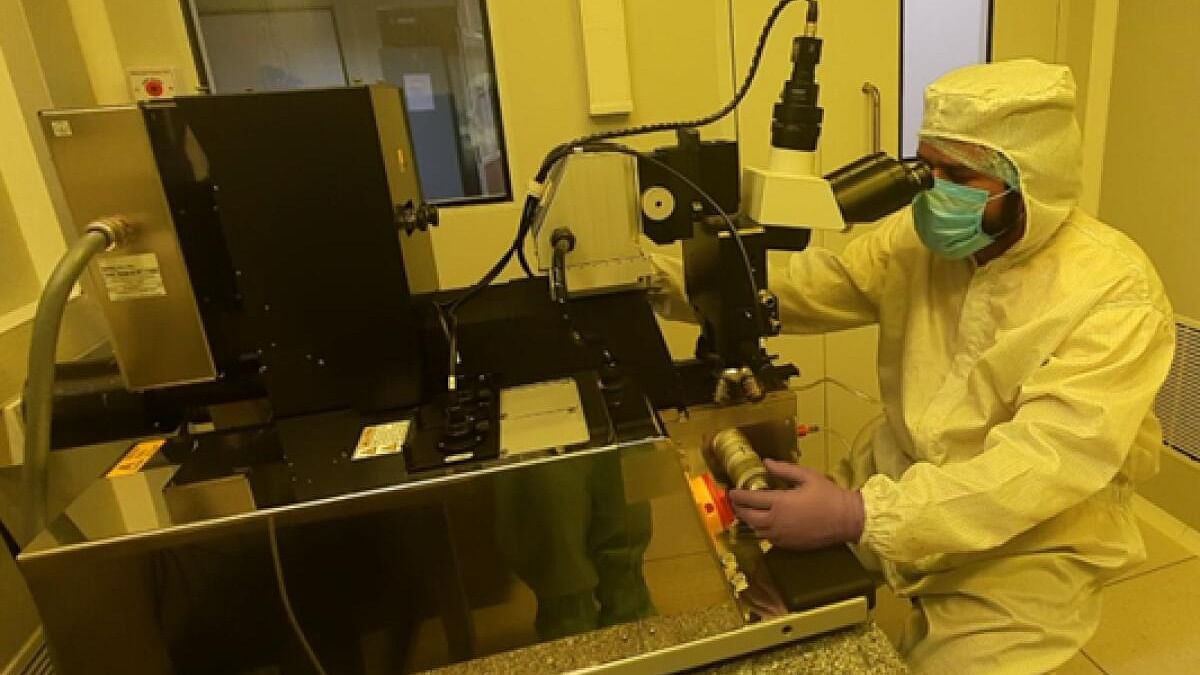
Researchers at the Department of Instrumentation and Applied Physics (IAP) in the Indian Institute of Science (IISc) have designed a tiny device capable of storing an enormous amount of electric charge.
The novel ultra-micro supercapacitor is smaller and more compact than existing supercapacitors and can potentially be used in devices ranging from streetlights to consumer electronics, electric cars and medical devices, IISc said on Friday.
Batteries that currently power most of these devices lose storing ability over time and capacitors, while storing electric charge for much longer, cannot discharge energy constantly — to power a mobile phone, for example.
Supercapacitors come with capabilities to store and release large amounts of energy, making them highly sought-after for next-generation electronic devices, IISc said.
As part of the study, published in the peer-reviewed scientific journal ACS Energy Letters, the IAP researchers fabricated their supercapacitor using Field Effect Transistors (FETs) as the charge collectors, instead of the metal oxide-based electrodes with poor electron mobility that existing capacitors use.
Abha Misra, professor at IAP and corresponding author of the study, said using FETs as electrodes for supercapacitors is a new approach to tuning charge in a capacitor.
The team built hybrid FETs with molybdenum disulphide (MoS2) and graphene — to increase electron mobility — and connected them to gold contacts, to design the supercapacitor.
Vinod Panwar, PhD student at IAP and one of the lead authors, said it was challenging to fabricate supercapacitors that cannot be seen without a microscope.
The team found that under certain conditions, the device’s electrochemical capacitance increased by 3,000 per cent. “By contrast, a capacitor containing just MoS2 without graphene showed only an 18 per cent enhancement in capacitance under the same conditions,” IISc said.
The researchers said the supercapacitor is fully functional and can be deployed in energy-storage devices like electric car batteries or any miniaturised system, by on-chip integration.